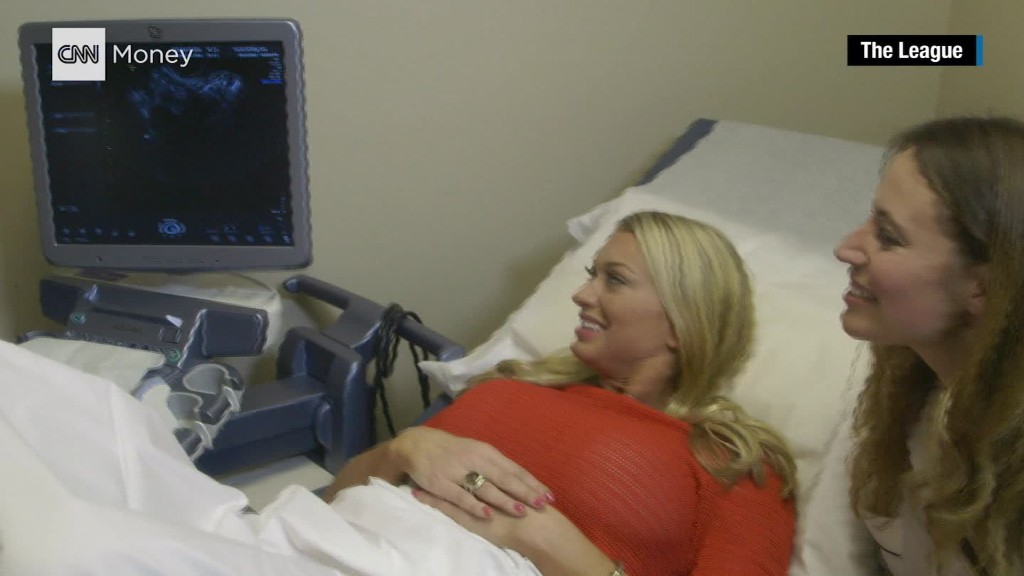
Celmatix is on a mission to help women and their doctors get smarter about fertility.
On Wednesday, the women's health and fertility startup announced a new test called Fertilome. It screens for alterations in 32 genes that Celmatix says are associated with reproductive health.
Markers of endometriosis, polycystic ovarian syndrome and primary ovarian insufficiency could indicate fertility troubles down the line.
"We want women to be proactive, to know the risks. Genetics is not destiny -- it's a guide," Celmatix CEO and founder Dr. Piraye Yurttas Beim told CNNMoney.
Women are increasingly getting tested for mutations of the BRCA1 and BRCA2 genes, which could indicate increased risk of breast cancer. Beim says that Fertilome tests can be similarly used to help guide a woman on her path to pregnancy.
Typically, physicians will test a single gene if a woman has trouble getting pregnant. Fertilome is unique in that it proactively tests for multiple genes at once.
It's important to note that the FDA does not regulate most genetic tests, which is expected to change in the coming years. The Centers for Medicare and Medicaid Services regulates clinical labs, but it doesn't weigh in on whether tests conducted in those labs are "clinically meaningful."
Some companies, like 23andMe, have run into issues with the FDA in the past. It was ordered to stop issuing health guidance to customers in 2013 but received clearance to offer more limited genetic screenings to customers in 2014.
23andMe partnered with Celmatix last year to share its genetic data for Celmatix's fertility research.
Related: Why women can't stop talking about freezing their eggs
Beim founded Celmatic in 2009 with a goal of taking a more holistic look at a woman's fertility. She wanted to go beyond what is often the main focus in fertility: "Why should age be the one factor that accelerates people to the doctor?" said Beim.
Celmatix's predictive analytics software Polaris is already used by fertility clinics to gather insights about a woman's health and suggest fertility treatments.
For now, Fertilome costs $1,900 and is not covered by insurance.
Women can request the test through their doctor who will draw their blood sample and send it to a Celmatix lab. The lab uses an FDA-approved gene sequencing device and can process tests for people in all 50 states.
Beim said it'll take women no more than two weeks to get the results.
She said she hopes the cost of the test will eventually come down, especially as it becomes more affordable to sequence genes.

